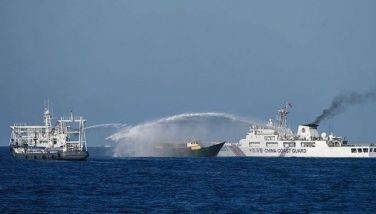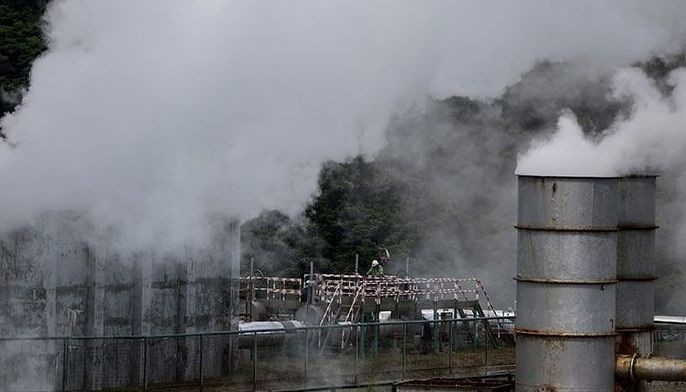Government, MILF ink civilian protection accord
COTABATO CITY , Philippines – The government and the Moro Islamic Liberation Front (MILF) signed an accord pledging to establish a civilian protection mechanism to be enforced by the reactivated International Monitoring Team (IMT), peace advocacy outfits and foreign humanitarian organizations to hasten the restoration of normalcy in troubled areas in the South.
The government’s chief negotiator Rafael Seguis and his MILF counterpart Mohaquer Iqbal signed a preliminary agreement in Kuala Lumpur, Malaysia last Tuesday, mandating both sides to focus on a bilateral “civilian protection function” to ensure the safety of non-combatants in areas covered by the ceasefire.
It was the third meeting between the two parties in four months.
“It was a proposal, an initiative to avoid what happened to many civilians because of the frustrations over what happened to the MOA-AD. This will address humanitarian concerns so that the August 2008 incident won’t happen again. This is our initiative from the beginning,” Seguis told The STAR.
The agreement aims to avoid massive civilian suffering in Mindanao, where hundreds were killed and more than half a million displaced when peace talks collapsed last year.
“The next logical move is to resume the peace negotiations,” said MILF spokesman Eid Kabalu.
Both sides will discuss measures to enforce the accord once formal talks resume later this year, including international monitors, according to Seguis.
“It is aimed at preventing massive numbers of internally displaced persons,” he said.
Displaced civilians have borne the brunt of the conflict, which has claimed at least 120,000 lives since the 1970s.
In the agreement signed Tuesday, both sides committed not to target noncombatants, as well as “schools, hospitals, religious premises, health and food distribution centers, or relief operations.” They also agreed not to block the flow of food aid and other relief goods.
Negotiations collapsed in August last year when the Supreme Court declared unconstitutional a preliminary accord on an expanded Muslim autonomous region.
A deadly rampage by three rebel commanders upset by the stalled deal sparked months of clashes that killed hundreds and forced more than half a million out of their homes. Most have since returned.
The fighting in the marshy heartland of southern Mindanao eased in July and both sides agreed last month to resume negotiations.
US and European officials have called for a resumption of talks, saying the peace process would help turn rebel strongholds into economic growth areas instead of sanctuaries of al-Qaeda-linked militants.
The agreement also stipulates that the Philippine government and the MILF shall bilaterally allow humanitarian organizations, foreign and local peace advocacy outfits to help carry out the civilian protection function.
Under the agreement, the two parties “reconfirm their obligations under humanitarian law and human rights law to take constant care to protect the civilian population and civilian properties against the dangers arising in armed conflict situations.”
Iqbal and Seguis signed their latest agreement at 5:10 p.m. on Oct. 27 in Kuala Lumpur, in the presence of Datuk Othman bin Abdul Razak, the Malaysian facilitator of the GRP-MILF talks.
The MILF, in an emailed statement, said the civilian protection mechanism that Iqbal and Seguis formulated shall be integrated into the terms of reference, or TOR, of the reactivated IMT.
The IMT, composed of military and police officers from Malaysia, Brunei, and Libya, and a civilian rehabilitation specialist from Japan, stopped its peacekeeping mission in the South in November 2008 after both panels failed to renew, through a written imprimatur, its mandate to operate.
Both sides also agreed to ensure that the GRP and MILF’s civilian protection function shall remain in place even if the IMT ceases to operate in the South.
The meeting came more than a month after the parties signed, also in Kuala Lumpur, an earlier preliminary agreement on the setting up of the international contact group, or ICG.
The ICG would work as a pool of international humanitarian outfits, foreign donors, and peace advocacy institutions willing to help, on invitation by both panels, to push forward the Mindanao peace process. – Edith Regalado, Jose Rodel Clapano, Pia Lee Brago, AP
- Latest
- Trending






























